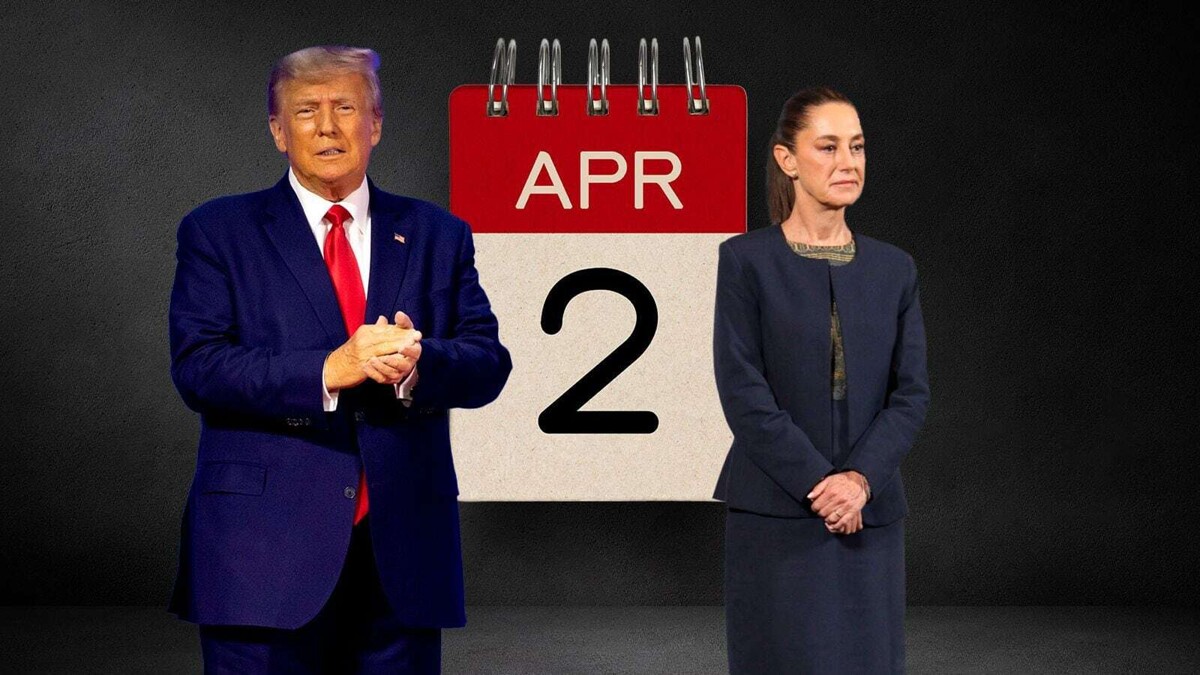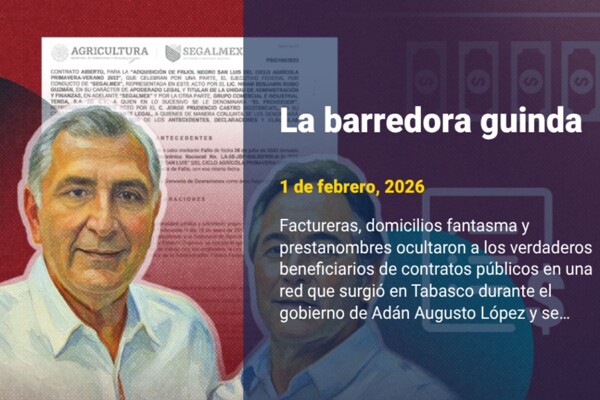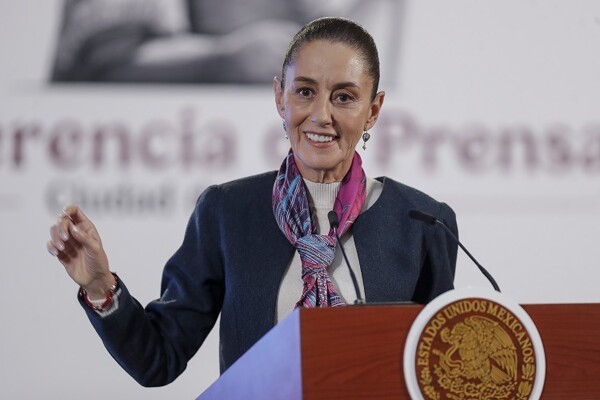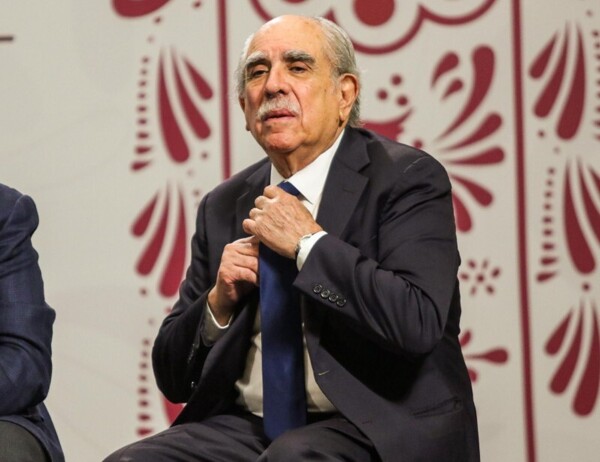
On average, a recession has been experienced in Mexico every 7 years. The strategy of the president of Mexico, Claudia Sheinbaum, is based on patience, waiting for Trump's final position on global tariffs on April 2 to define possible reciprocity toward U.S. products. Faced with the threat of an unsustainable tariff war for the Mexican economy, Sheinbaum rejected the OECD's negative forecasts, assuring that they have a consolidated plan without the need to acquire debt.
The dialogue between Marcelo Ebrard and U.S. Commerce Secretary Howard Lutnick is a avenue that Mexico is pursuing to get Donald Trump to exclude the country from tariffs. However, the expectations of achieving this in 15 days are uncertain, as last week the imposition of tariffs on steel and aluminum by the U.S. remained in place despite meetings between Ebrard and Lutnick.
The OECD predicts disastrous consequences for Mexico if Trump persists with his tariff measures. It is estimated that Mexico would be the only G20 member to enter recession in 2025 and 2026, with declines of 1.3% and 0.6% respectively. This would represent a significant problem for the economic and social stability of the country.
The Business Cycle Dating Committee of Mexico defines recession as a temporary and widespread decline in economic activity, something that raises concern given the U.S. stance of increasing tariffs globally starting April 2. Amid growing anti-American sentiment in several countries, a scenario of uncertainty and anxiety looms internationally.
History shows that Mexico has gone through six periods of recession in just over 40 years. The most recent one, during 2019 and 2020, was the deepest with a GDP drop of 20.7% due to the pandemic. The effects of Trump's tariff policies generate concern in various sectors and countries, anticipating days of economic and social challenges in an atmosphere of international tension.














